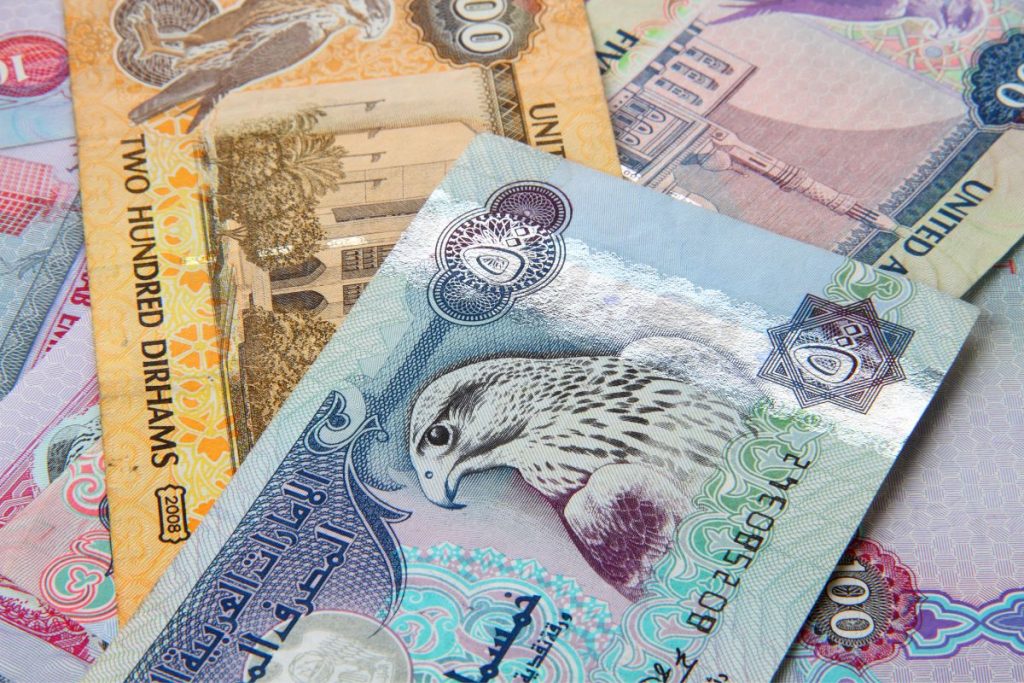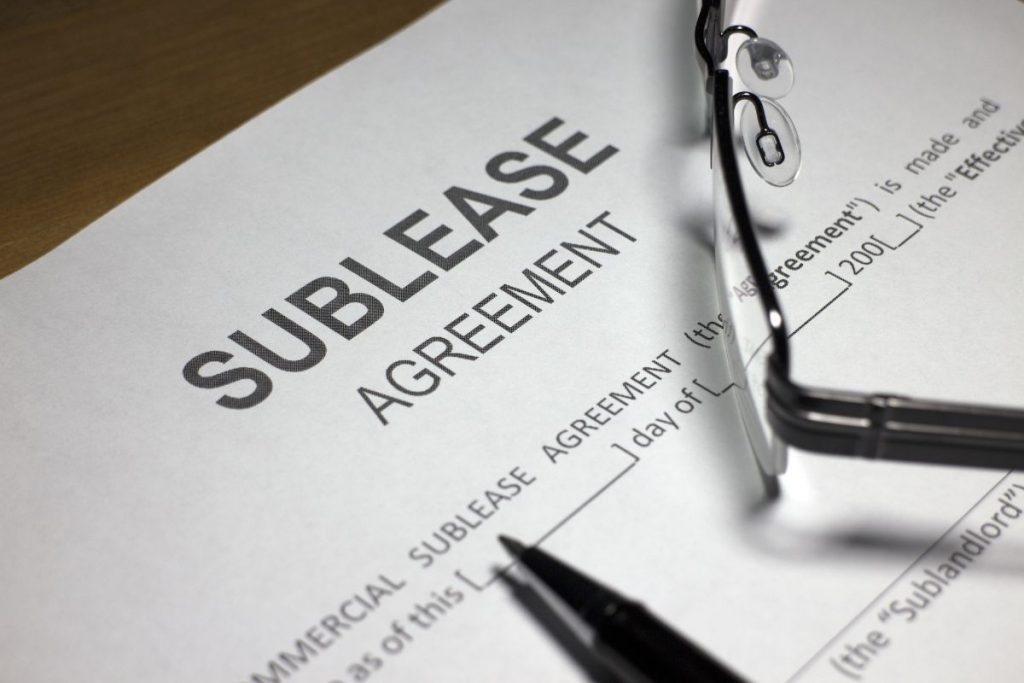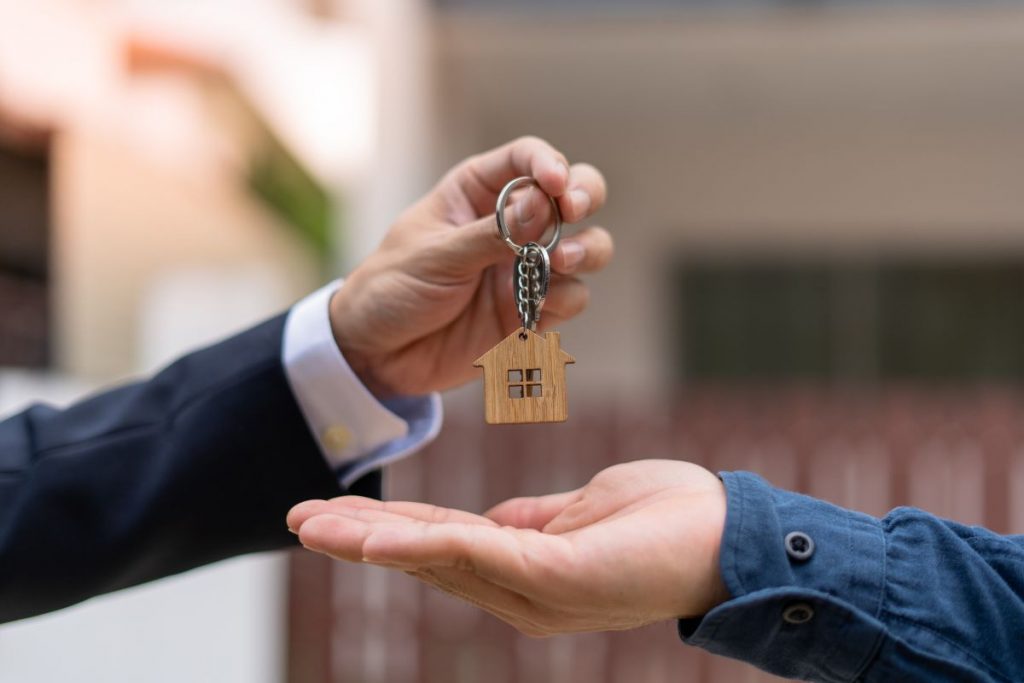Dubai is attractive for a variety of reasons. People from many walks of life visit the city of gold on a regular basis for travel, job, or investment. The city is completely prepared to handle the massive inflow of people. Renting is a realistic alternative for the majority of individuals, whether they are staying for a short or extended period of time. The government has taken significant steps to improve the experience of tenants. The establishment of tenant rights and responsibilities is one of them.
While tenants’ rights protect them from wrongdoing, there are certain responsibilities that all renters must do. We will provide a thorough explanation of tenant responsibilities in Dubai so that tenants are aware of and cognizant of their duties.
TENANT RIGHTS AND RESPONSIBILITIES ARE IMPORTANT

Ensuring a hassle-free and seamless living experience for all residents of Dubai is a top priority for the government. As a result, it has established a set of tenant rights for those renting or subleasing in Dubai. All parties involved must respect the rights. Renters have the right to file a complaint if landlords fail to do so.
To ensure that landlords are treated properly, the governing authorities imposed some tenant responsibilities. This leveled the playing field for both tenants and landlords, as each had their own set of rights and obligations.
DUBAI TENANT RESPONSIBILITIES TO FOLLOW
The law specifies the duties that every tenant must fulfill. The onus is on renters, however, to do their share and fulfill their commitments. That being stated, let’s take a look at the tenants’ responsibilities in Dubai to help renters understand their legal requirements.
PAYING A DEPOSIT FOR SECURITY
Tenants must pay a security deposit to the landlord when renting commercial properties in Dubai or leasing or subleasing any other sort. The security deposit is refundable, and landlords must return it at the conclusion of the rental agreement.
In many circumstances, the security deposit provides as a layer of protection for landlords. It’s useful, for example, if the tenants fail to return the item in the same condition in which they acquired it. The repair costs might then be deducted from the deposit by the landlord.
According to Article 20 of the Dubai Rental Law:
“When entering into a Lease Contract, the Landlord may require a security deposit from the Tenant to guarantee upkeep of the Real Property after the Lease Contract expires, provided that the Landlord agrees to return such deposit to the Tenant or the remaining amount at that time.”
Certain landlords should be avoided in the first place. One of these individuals could try to find a way to take money out of the deposit. As a result, it’s critical to understand how to get a security deposit return from the landlord in Dubai.
ENSURE PROPERTY MAINTENANCE AND RENT PAYMENTS ON TIME

Tenants must make timely house rental payments in Dubai in accordance with the contract conditions. Furthermore, tenants must obtain permission from the landlord before making any improvements to the property.
The Dubai Tenancy Guide’s Article 19 says:
“The tenant is required to keep the real property in the same condition as a regular person would keep their own property and to pay the rent on schedule. Tenants may not alter or perform any maintenance or restoration work on the real property unless approved by the landlord and after obtaining the necessary licenses from the appropriate official bodies. This is in addition to their obligation to complete any agreed-upon repairs or renovations that are customary for tenants to perform.”
While a property is being built upon or renovated, harm may occur. For all such cases, the owner’s decision is therefore required. A property eviction notice in Dubai, which entitles the landlord to remove the renter right away, can also result from causing damage to the property.
RETURN THE PROPERTY IN THE SAME CONDITION IN WHICH IT WAS RECEIVED.
One of the renters’ duties when vacateing a property is to return it in the same condition as when they found it.
Per Article 21 of the Dubai Tenancy Guide:
“Except in cases of normal wear and tear or damage resulting from events outside of the tenant’s control, the tenant shall turn over possession of the real property to the landlord at the conclusion of the lease term, in the same state that it was in when the tenant entered into the agreement. If there is disagreement between the two parties, the Tribunal must hear the case in order to make a determination in this respect.”
Typically, regular wear and tear on components is not the tenant’s responsibility. It is crucial that the landlord define what constitutes “ordinary wear and tear” in the Ejari contract.
DO NOT SUBLEASE PROPERTY WITHOUT THE LANDLORD’S PERMISSION.

It is illegal to sublease a property without the landlord’s written permission.
According to Article 24:
“Unless otherwise agreed by the parties to the Lease Contract, the Tenant may not assign the use of or sub-lease the Real Property to third parties unless written consent of the Landlord is obtained.”
If you wish to convert a rental Dubai property into a vacation home or sublease it, you must first obtain permission from the landlord.
PAY FEES AND TAXES TO THE GOVERNMENT
Unless otherwise specified in the contract, paying taxes and fees to government bodies is one of the tenant’s responsibilities.
According to Article 22,
“Unless the Lease Contract states otherwise, the Tenant must pay all fees and taxes due to Government entities and departments for use of the Real Property as well as any fees or taxes prescribed for any sub-lease.”
Charges to set up a DEWA account or government housing costs may be included.
WHEN RETURNING THE PROPERTY, AVOID ALTERATIONS.
Tenants are not permitted to remove any improvements made to the property during or after the lease. This includes any modifications made by the renters.
The Dubai Rental Law’s Article 23 makes this quite clear:
“The tenant may not remove any leasehold improvements made by the tenant upon vacating and surrendering possession of the Real Property, unless otherwise agreed by the parties.”
Tenants may not take out any modifications unless specifically stated in the rental agreement. Removing any significant modifications has a direct impact on the property’s desirability. Consequently, talk about and put the clause in the contract if you wish to maintain the changes you make.

All of these are the responsibilities of tenants in Dubai that tenants need to be aware of. In the event of an accident, both parties are protected by legal rights and responsibilities imposed by the government.
As you demonstrate that you are a responsible citizen, abide by the law. It’s also critical to understand how to return a security deposit in Dubai when you’re renting out a home.
Check out the following if you’re trying to find a place to rent in Dubai:








